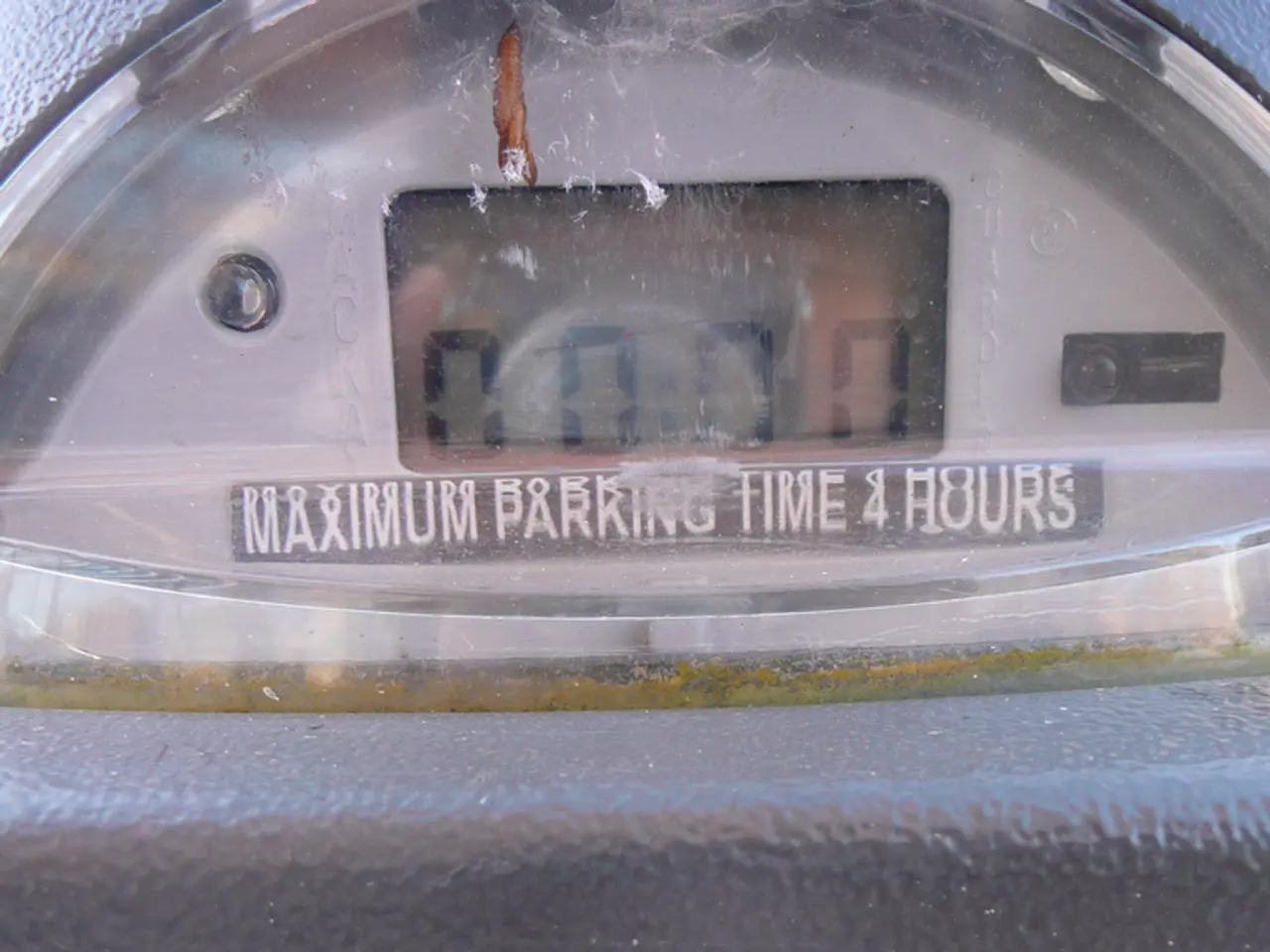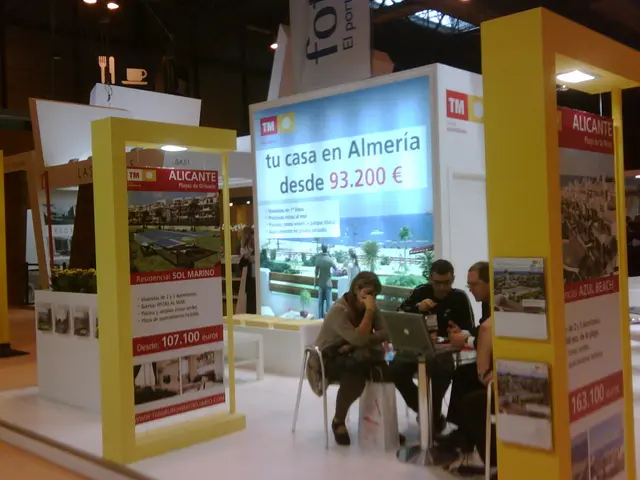Tesla's Model Y ride-sharing service halts operations in New York City
Revel Shifts Focus from Rideshare to Fast-Charging Infrastructure
Revel, the eco-friendly rideshare service known for its distinctive blue Tesla Model Y fleet, has announced that it will be ending its rideshare operations in New York City to focus entirely on expanding its fast-charging infrastructure in major U.S. cities [1][2][3].
The decision comes after four years of operating in the crowded rideshare market of NYC, where Revel's service was marketed as a premium, eco-friendly alternative to traditional ridesharing [4]. Despite growing to a fleet of 500 Teslas, the company's growth was not enough to sustain the business in the competitive market.
Revel first received approval to launch an all-electric rideshare fleet in July 2021. Over 50,000 people joined the waitlist almost immediately when the service started in August of the same year [1]. In recent months, the service averaged around 45,000 monthly active riders, 670 drivers, and roughly 100,000 monthly rides [1].
However, Revel's CEO and co-founder, Frank Reig, stated that rideshare is a competitive and asset-heavy market with low margins [4]. The company believes its biggest impact on accelerating EV adoption will come from making urban charging more accessible for drivers without home charging [5].
Revel's current network consists of over 100 fast chargers across six hubs in New York City and one hub in San Francisco. Utilization of its charging network increased from 21% in early 2023 to 45% in early 2025, mostly due to partnerships with Uber and Lyft drivers using the public chargers rather than Revel’s own fleet [1][2].
Looking forward, Revel plans to expand from 88 charging stalls currently in the NYC region to 278 by the end of 2026 and aims to reach around 2,000 stalls by 2030 across New York, Los Angeles, and San Francisco [1][2][3]. The company intends to open a new fast-charging hub in Los Angeles in 2026 [2].
Revel is also selling off its rideshare fleet of Tesla Model Ys and Kia EVs, including valuable for-hire vehicle licenses, to reallocate resources fully to the charging network [3][4]. The company has strengthened ties with bigger rideshare platforms like Uber and Lyft, whose electrification efforts contribute significantly to charger utilization [1][3].
While Tesla's Robotaxi service is currently limited to a pilot program in Austin, Texas, and a human safety driver-supported ride-hailing service in the San Francisco Bay Area, Revel's move towards becoming a key provider of public fast-charging hubs serving rideshare drivers and other EV users could play a significant role in supporting the growing electric vehicle market in key cities through 2030 [1][2][3].
Read also:
- Industrial robots in China are being installed at a faster rate than in both the United States and the European Union, as the global market for these robots faces a downturn.
- Stock markets in India anticipated a moderate opening, influenced by mixed signals from global markets.
- Experienced a 4,000-mile journey in my 2025 Lexus GX 550 on Trail, found the vehicle packed with power, yet the infotainment system exhibited a disconcerting habit of resetting my personal settings arbitrarily.
- Ford unveils affordable next-gen electric vehicles lineup








